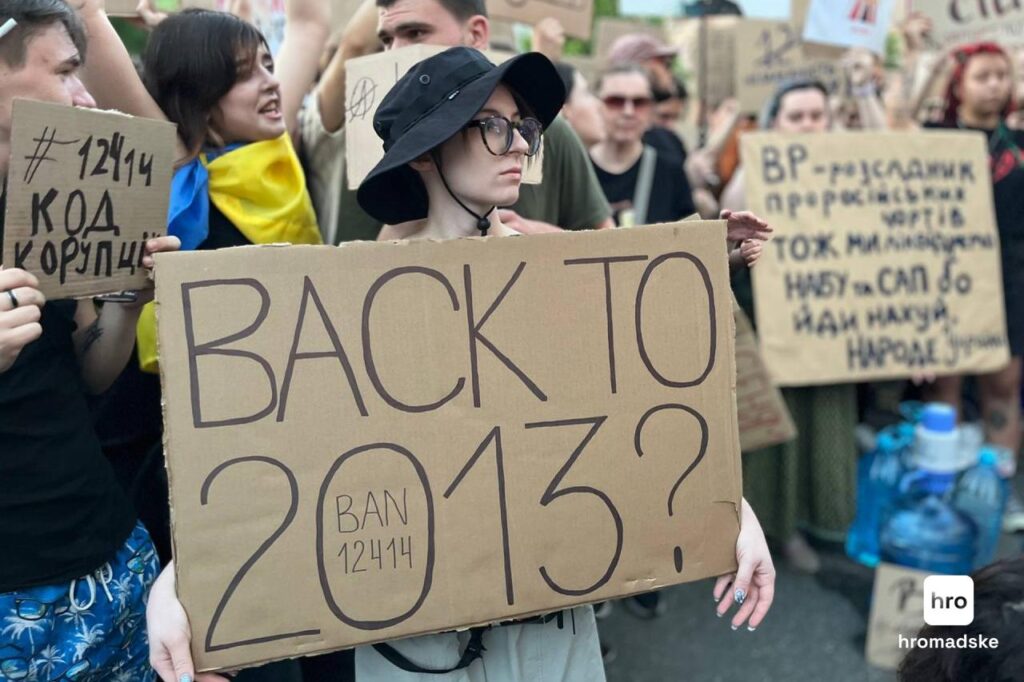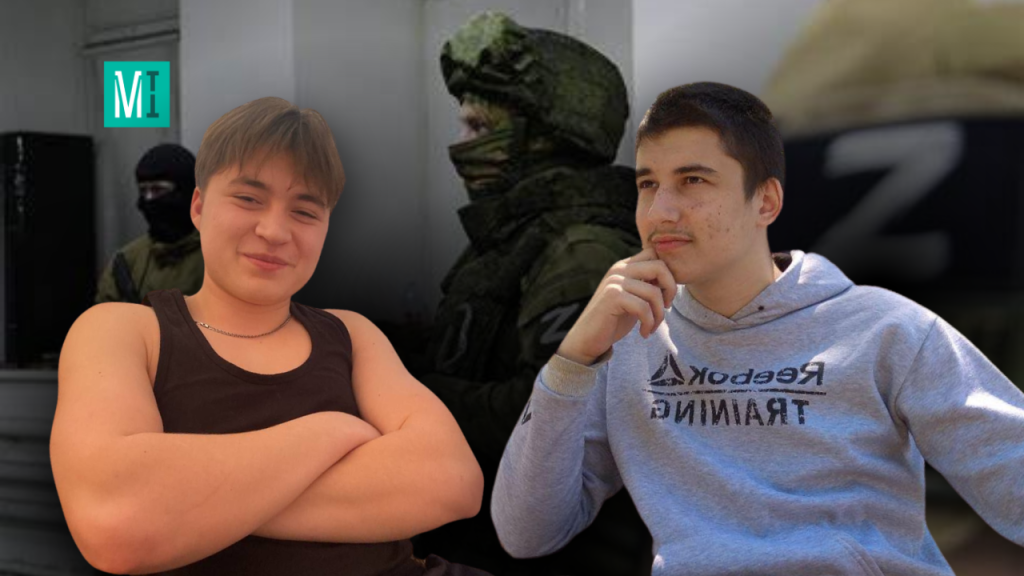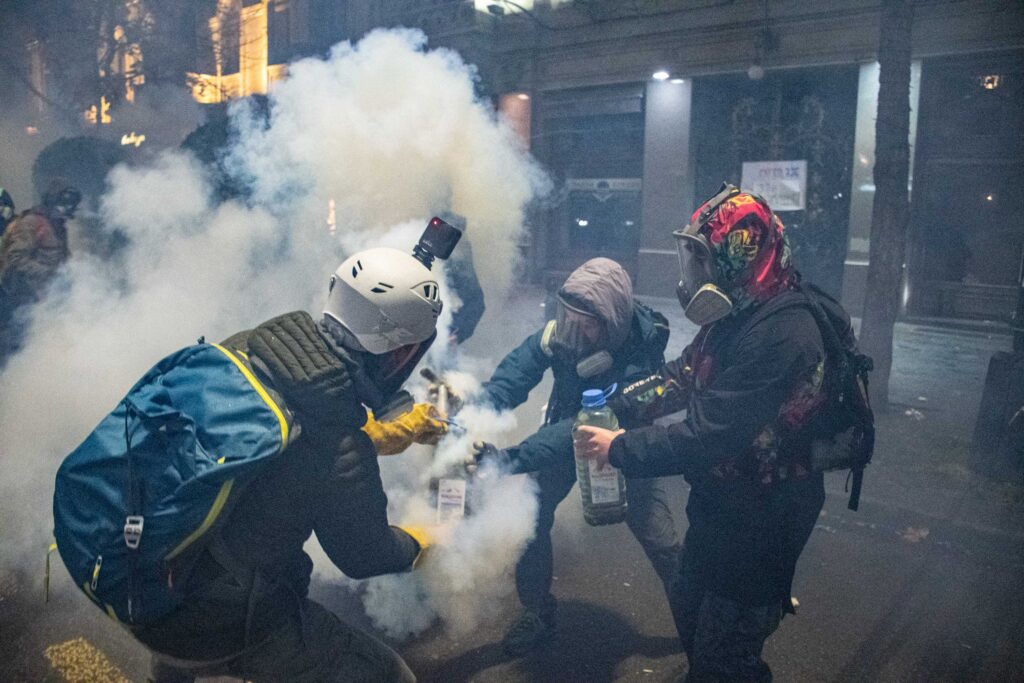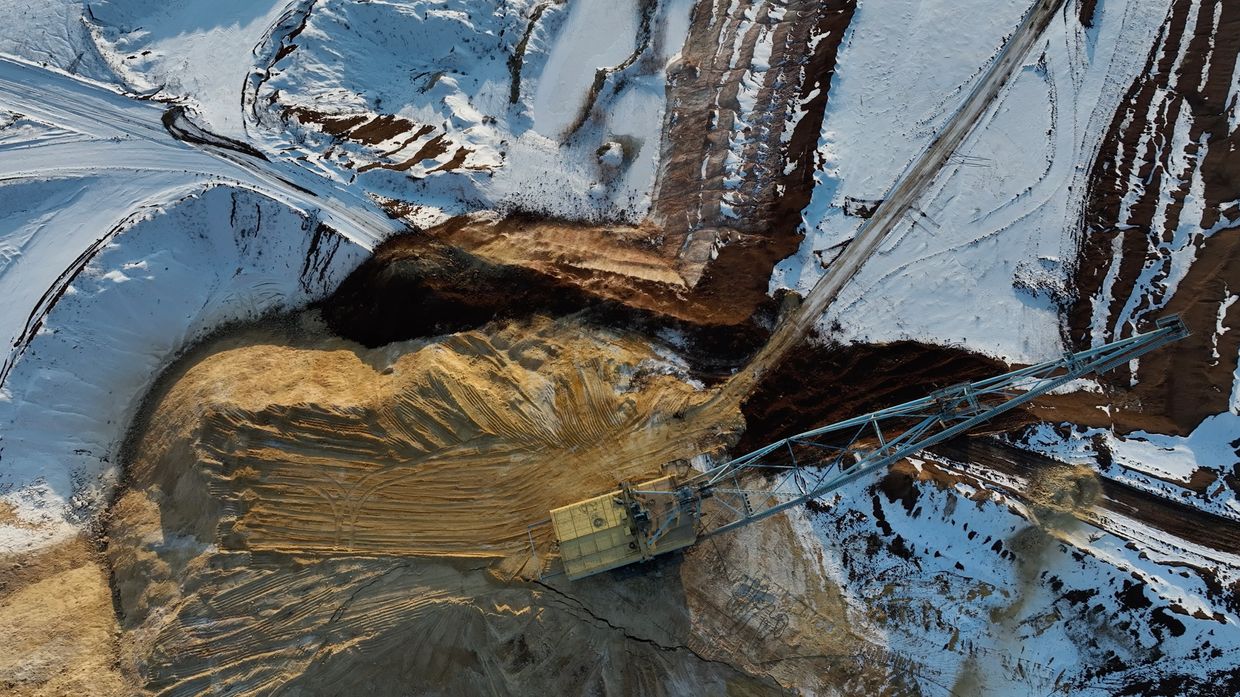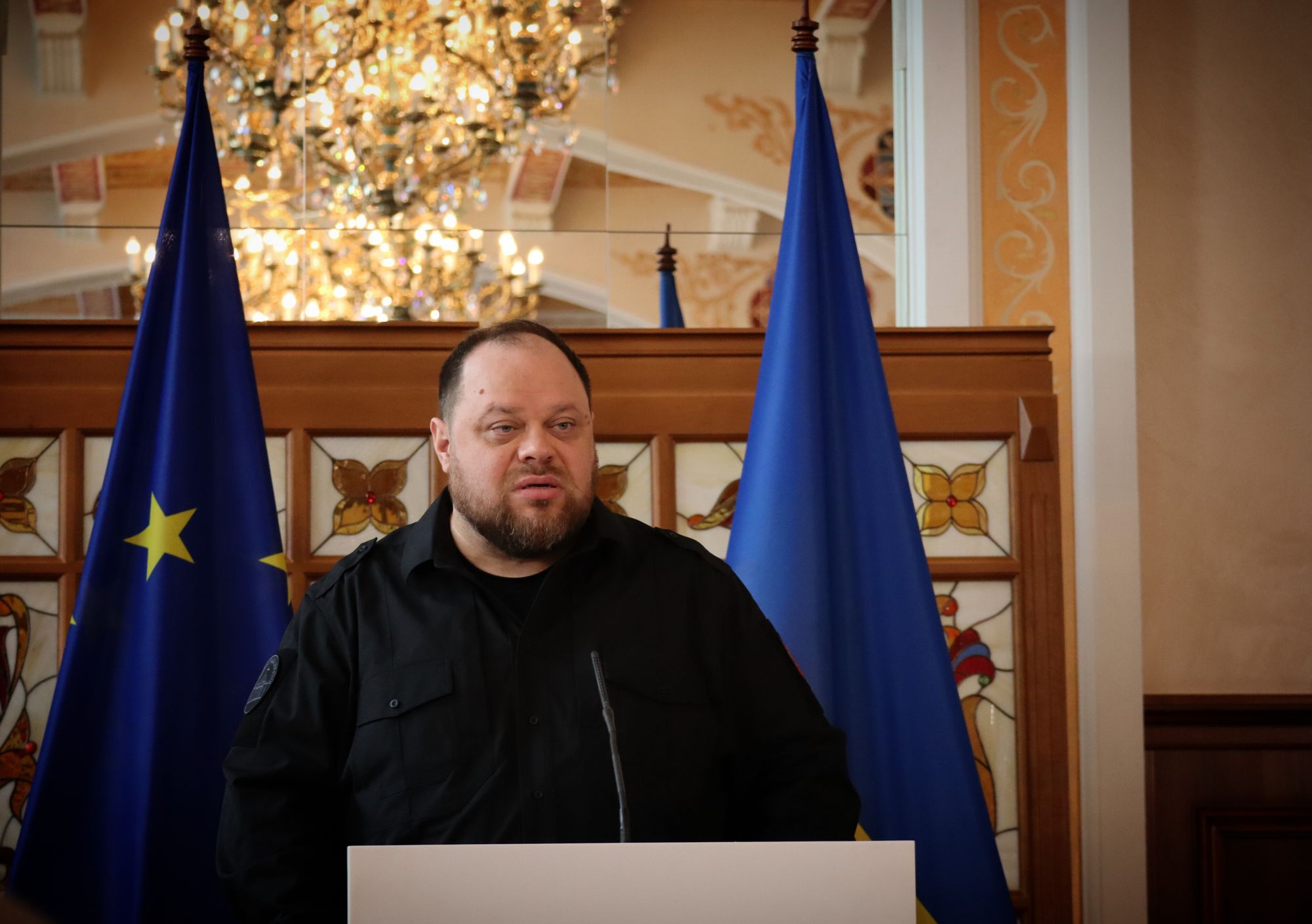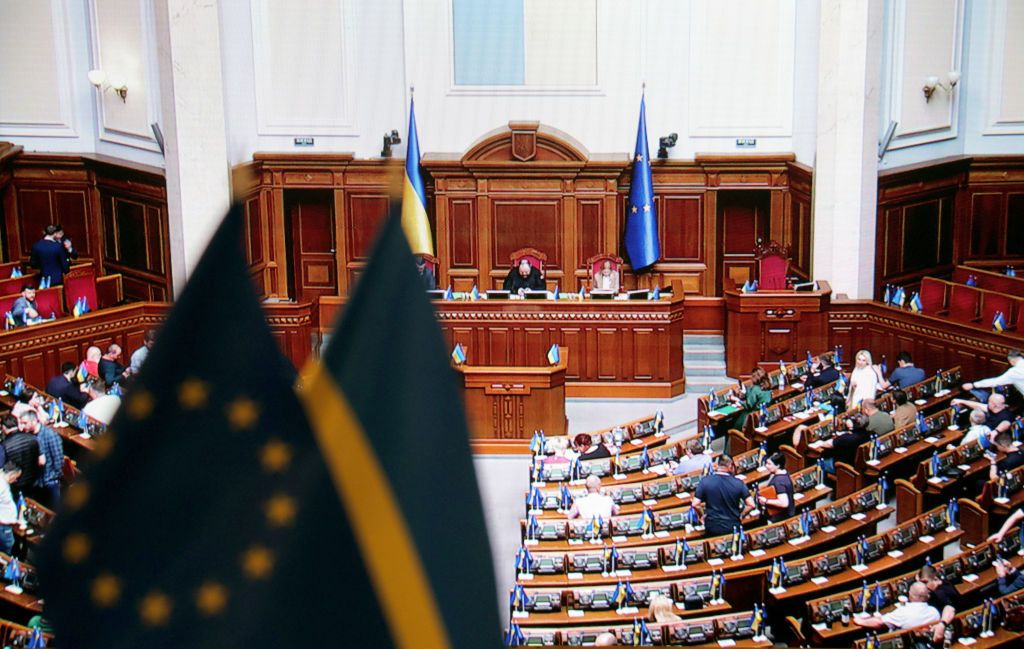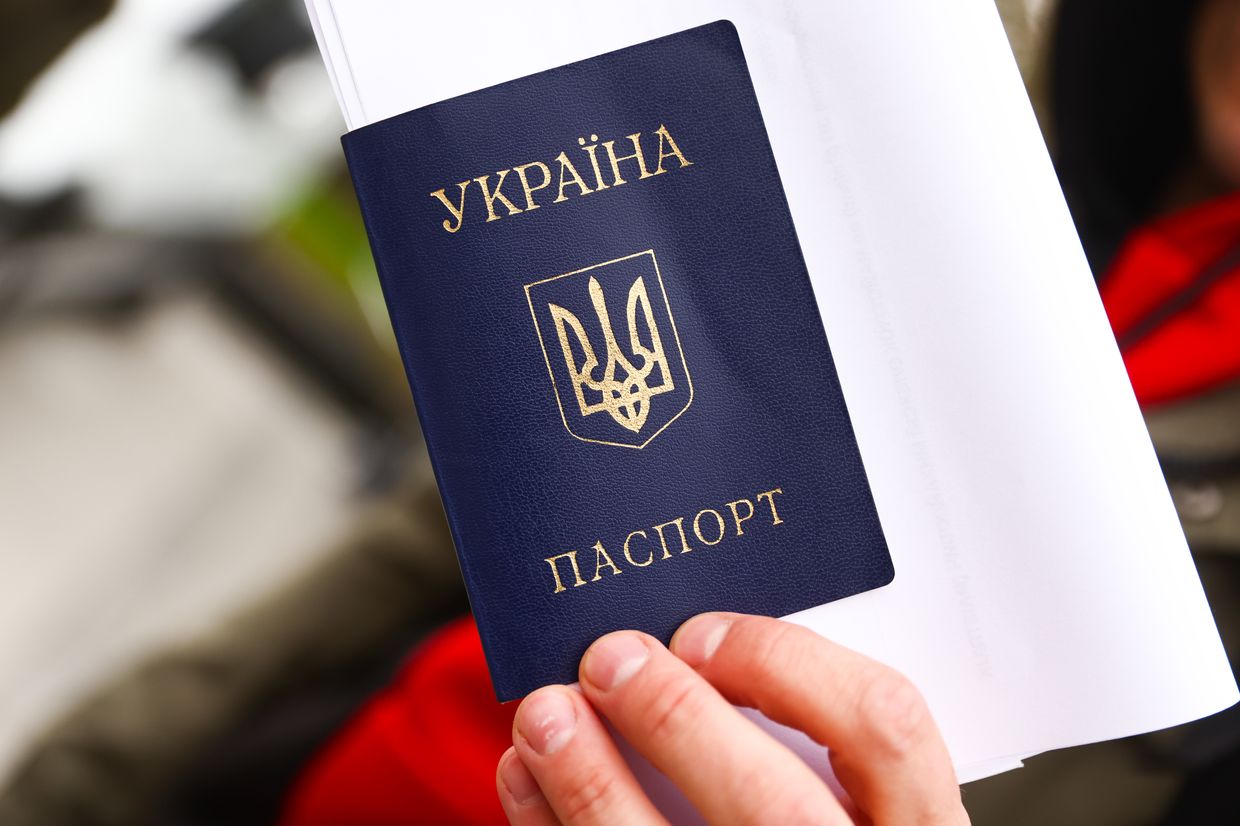“Aren’t you tired of feeding people garbage?” Ukrainian parliament reverses anti-corruption law after street protests
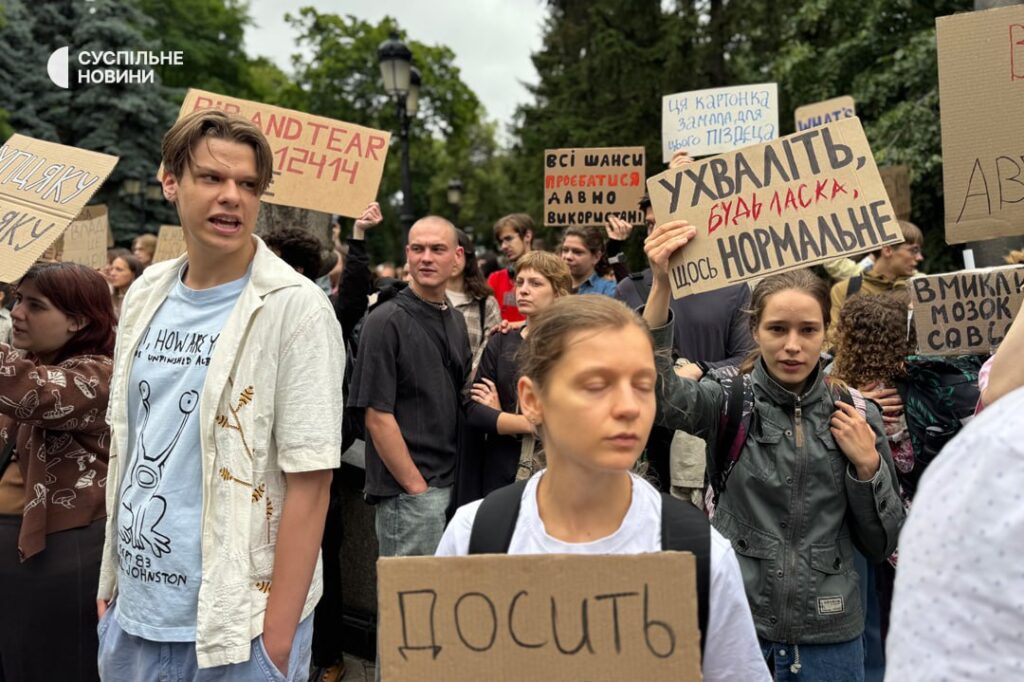
Ukraine’s Parliament, the Verkhovna Rada, voted to restore the independence of its main anti-corruption bodies — the National Anti-Corruption Bureau (NABU) and the Specialized Anti-Corruption Prosecutor’s Office (SAPO) — by passing presidential draft law No. 13533.
The bill passed with 331 votes and was immediately signed in the chamber by Speaker Ruslan Stefanchuk and President Volodymyr Zelenskyy.
For a week leading up to the vote, thousands of Ukrainians across Kyiv, Lviv, Dnipro and Odesa took to the streets — demanding the reversal of controversial changes even under martial law restrictions on public gatherings. It became the largest wave of protests since Russia’s full‑scale invasion.
Although the effectiveness of these anti-corruption bodies has often been questioned, the earlier law that weakened them was widely condemned at home and abroad as authoritarian and unacceptable, concentrating power in the President’s Office and threatening Ukraine’s reform commitments.
“This is a guarantee of the proper independent functioning of our state’s anti-corruption bodies and all law enforcement agencies. This is the right decision,” Zelenskyy wrote on Telegram.
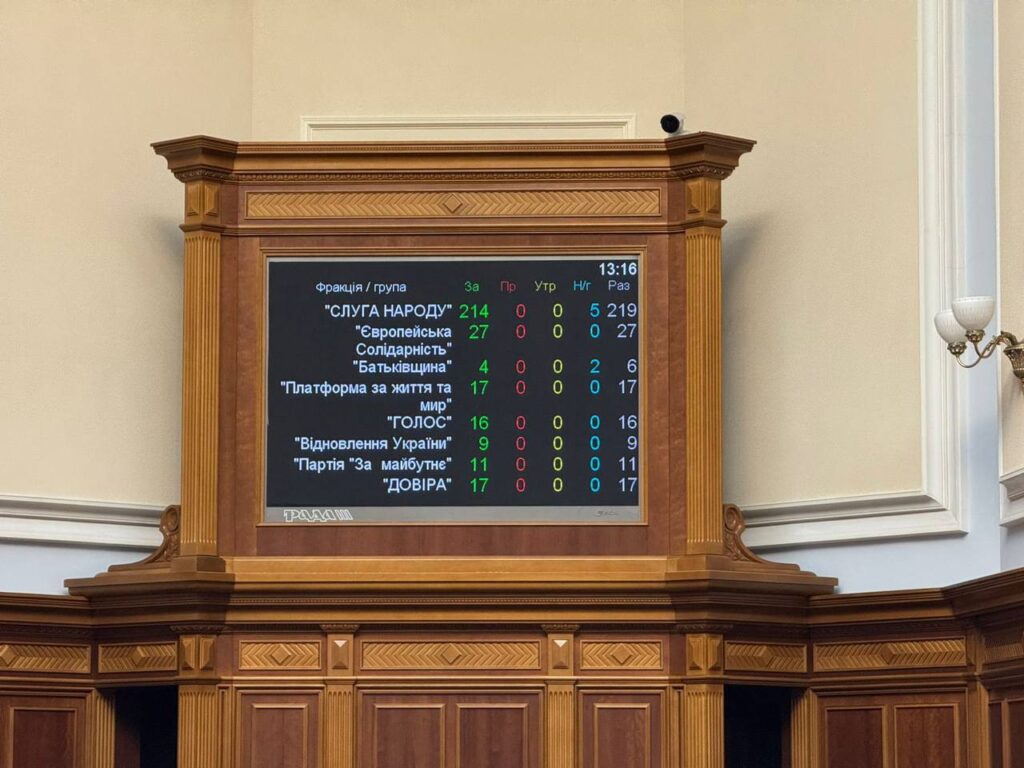
Mass protests force a U-turn
The debate in the chamber was heated, with shouting, accusations, and visible anger.
MPs insisted that the Speaker and President sign the new law immediately, without delay, to quickly cancel the controversial changes adopted a week earlier.
Outside Parliament, in Mariinskyi Park, protesters gathered to listen to the live broadcast of the vote. When the result was announced, they cheered and shouted: “Power belongs to the people!”
Despite martial law restrictions on public gatherings, police did not disperse the rallies that took place in several Ukrainian cities, and the authorities seemed unprepared for such large‑scale resistance to the new law.
For the first time since the start of Russia’s full‑scale invasion, the session of the Verkhovna Rada was broadcast live on the Rada TV channel — a move widely seen as a concession to public pressure and a demand for transparency.
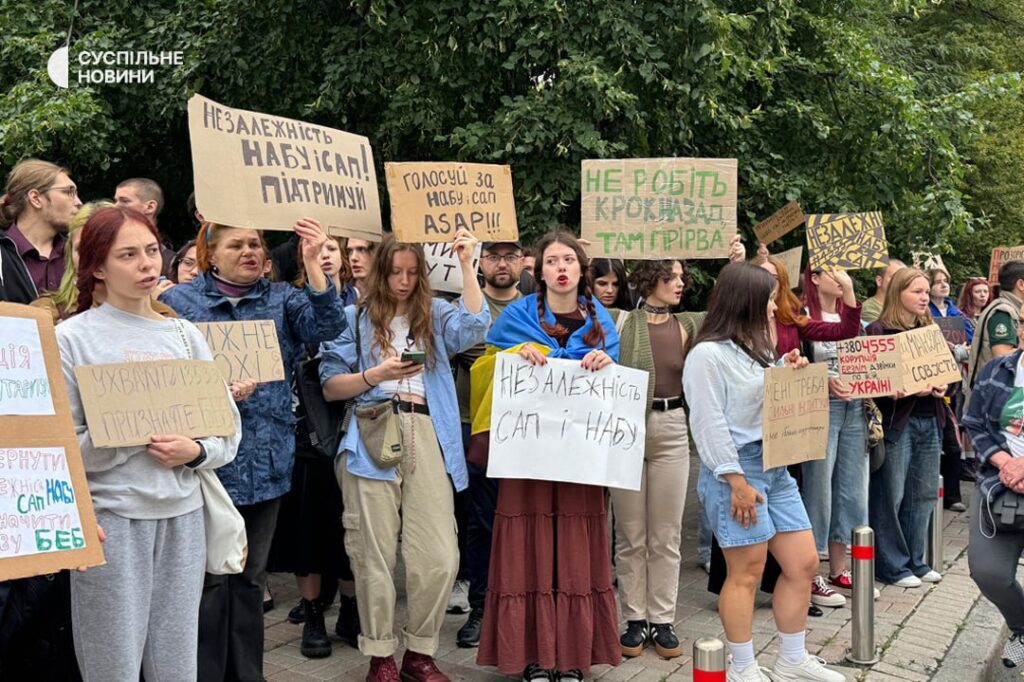
International pressure grows
After the vote, European Commission spokesperson Guillaume Mercier confirmed that the EU has no plans to freeze financial aid for Ukraine.
EU Enlargement Commissioner Marta Kos welcomed the move but noted on X:
“Today’s law restores key safeguards, but challenges remain. The EU supports the Ukrainian citizens’ demands for reform.”
Brussels emphasized that Ukraine must continue to strengthen reforms as part of its EU accession process.
What triggered the crisis
In July, the Security Service of Ukraine (SBU) arrested a NABU detective on charges of spying for Russia, alleging that classified information had been passed to Russian intelligence. Critics said these arrests were used as a pretext to attack and weaken independent anti-corruption agencies.
Anti‑corruption activists further accused President Zelenskyy of retaliating against NABU and SAPO because they had investigated figures close to him, including former Deputy Prime Minister Oleksii Chernyshov and businessman Timur Mindich, a long‑time associate and former partner in Zelenskyy’s media company Kvartal 95.
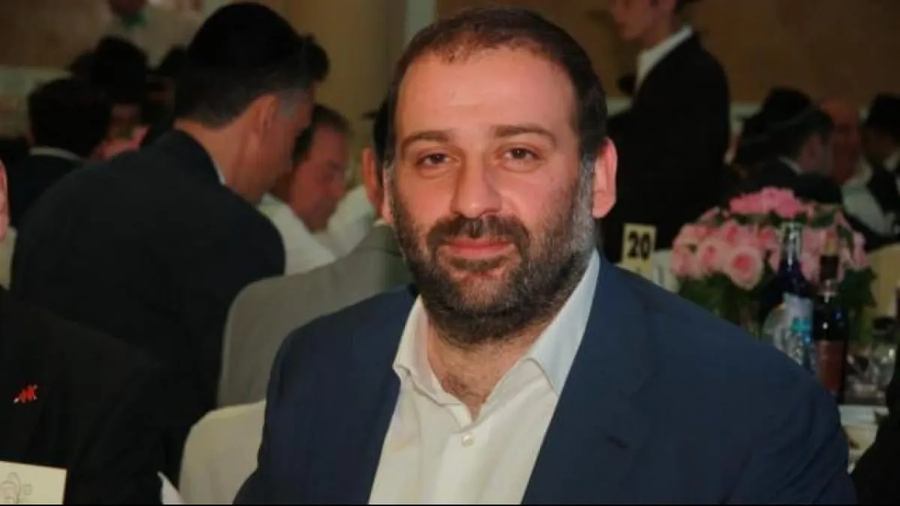
Soon after, on 22 July, Parliament passed law No. 12414, originally about missing persons. At the last minute, MPs added amendments that made NABU and SAPO dependent on the Prosecutor General, granting that office the power to seize cases, close investigations, and weaken the agencies’ independence.
The move provoked protests and drew sharp criticism from the US and EU. Despite the backlash, Zelenskyy signed the law the same day.
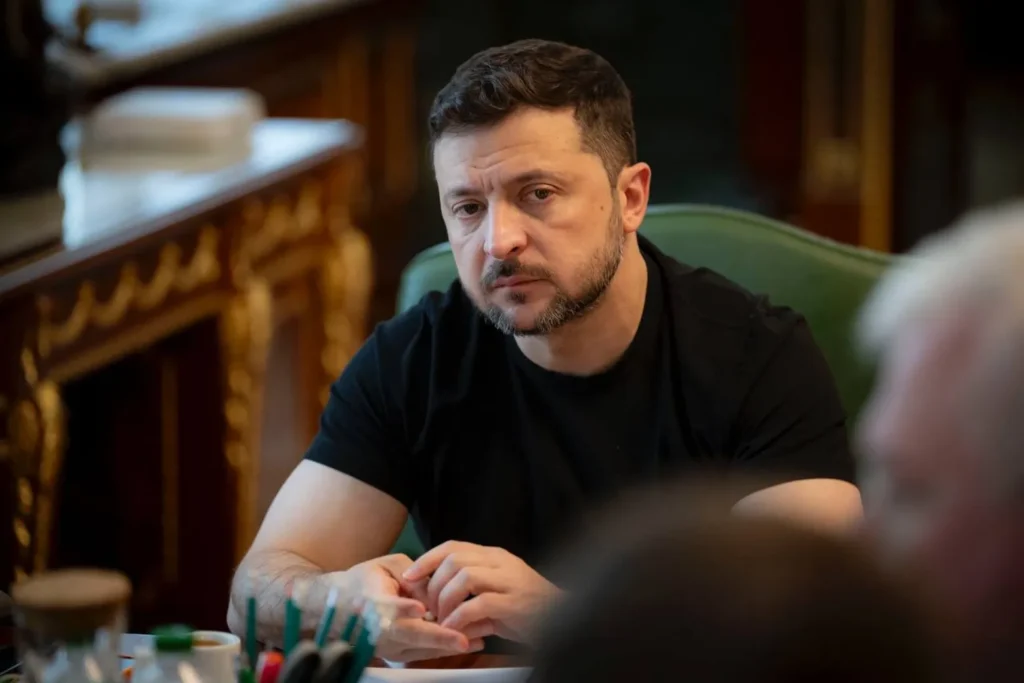
Reversal under pressure
A week later, under public pressure, threats to cut foreign funding, and continuing protests, Zelenskyy introduced draft law No. 13533, restoring NABU and SAPO’s full powers.
The bill was fast-tracked and adopted in full on 31 July.
Harsh words in Parliament
Before the vote, former Speaker Dmytro Razumkov criticized his colleagues:
“Aren’t you tired of eating excrement in this chamber and feeding it to people??!”
Ivanna Klympush-Tsintsadze of the opposition party European Solidarity said Parliament is “run like a collective farm from the President’s Office.”
Yulia Tymoshenko, leader of Batkivshchyna, opposed the bill and claimed Ukraine is under “external control.” Meanwhile, Dmytro Kostiuk, a member of the presidential party Servant of the People, announced he was leaving the faction because of the previous controversial vote.
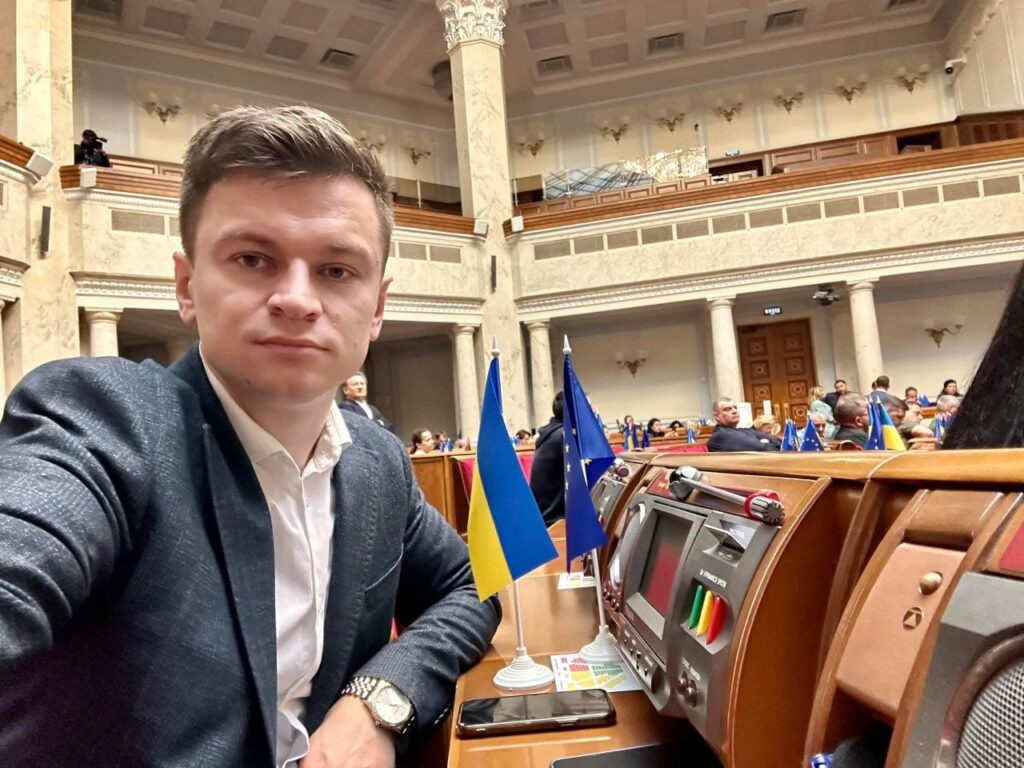
Other members of Zelenskyy’s Servant of the People party admitted mistakes and even held up protest-style posters inside the chamber.
The episode also highlighted the growing centralization of power in the President’s Office in Kyiv. With elections suspended due to the war with Russia, Parliament is widely seen as following instructions from the presidential administration rather than acting as an independent branch of government.
What the new law changes
The new law cancels the 22 July amendments and returns NABU and SAPO to full independence.
It adds one condition: NABU staff with access to state secrets must pass a polygraph, carried out by NABU’s own internal control unit rather than the SBU.
According to NABU, more than 200 such tests were already conducted in 2024. NABU and SAPO said they took part in drafting the new law, are satisfied with its provisions, and strongly supported its swift adoption.
Criticism of NABU and SAPO
Ukraine’s anti‑corruption system includes NABU, SAPO, the National Agency on Corruption Prevention (NACP) and the High Anti‑Corruption Court (HACC).
Despite significant funding and Western support, their effectiveness remains debated. Critics point out that these bodies are costly, operate in a grey constitutional area, lack independent audits, and have brought few senior officials to justice in almost ten years.
Supporters argue that these problems cannot be solved by a single, quickly adopted law, but require long‑term reforms, stronger oversight and real political independence.
The creation of these institutions was one of the EU’s key conditions for granting Ukraine a visa‑free regime and a requirement for Western financial aid. Western partners helped launch and fund them after concluding that Ukraine’s “old” police and prosecution services had failed to eradicate top‑level corruption.

